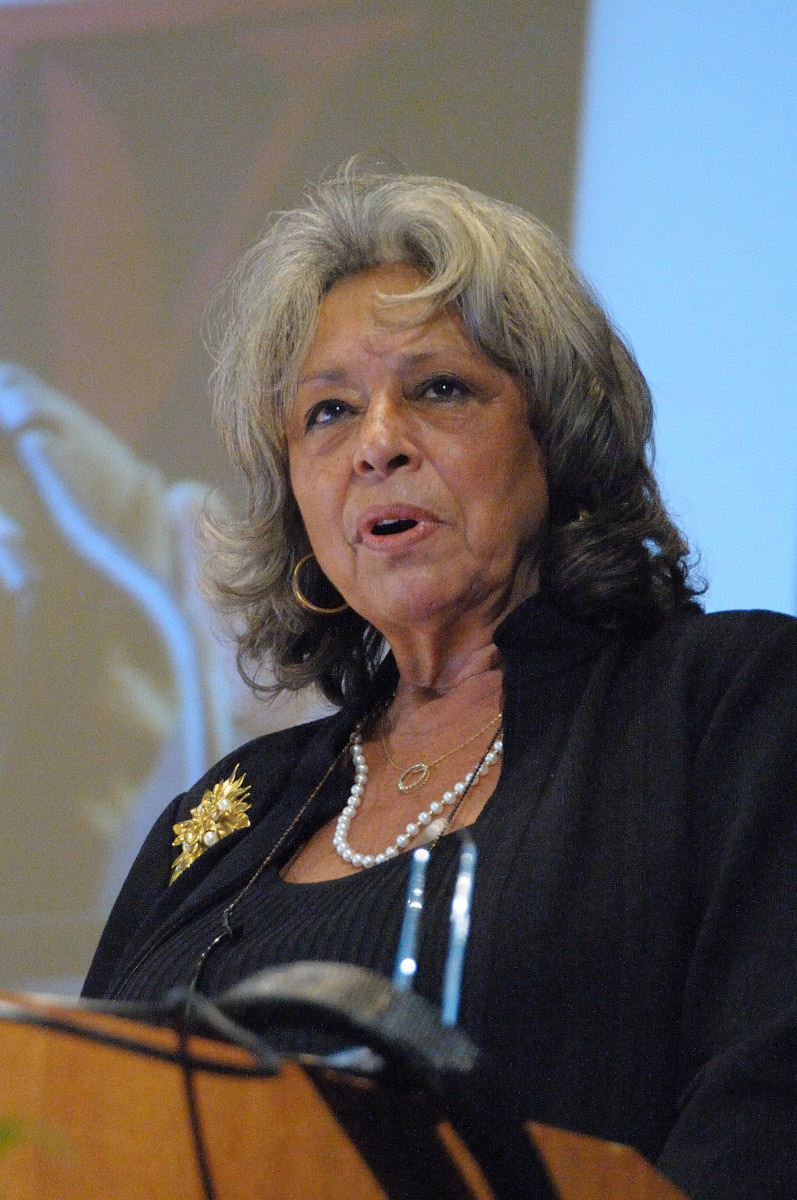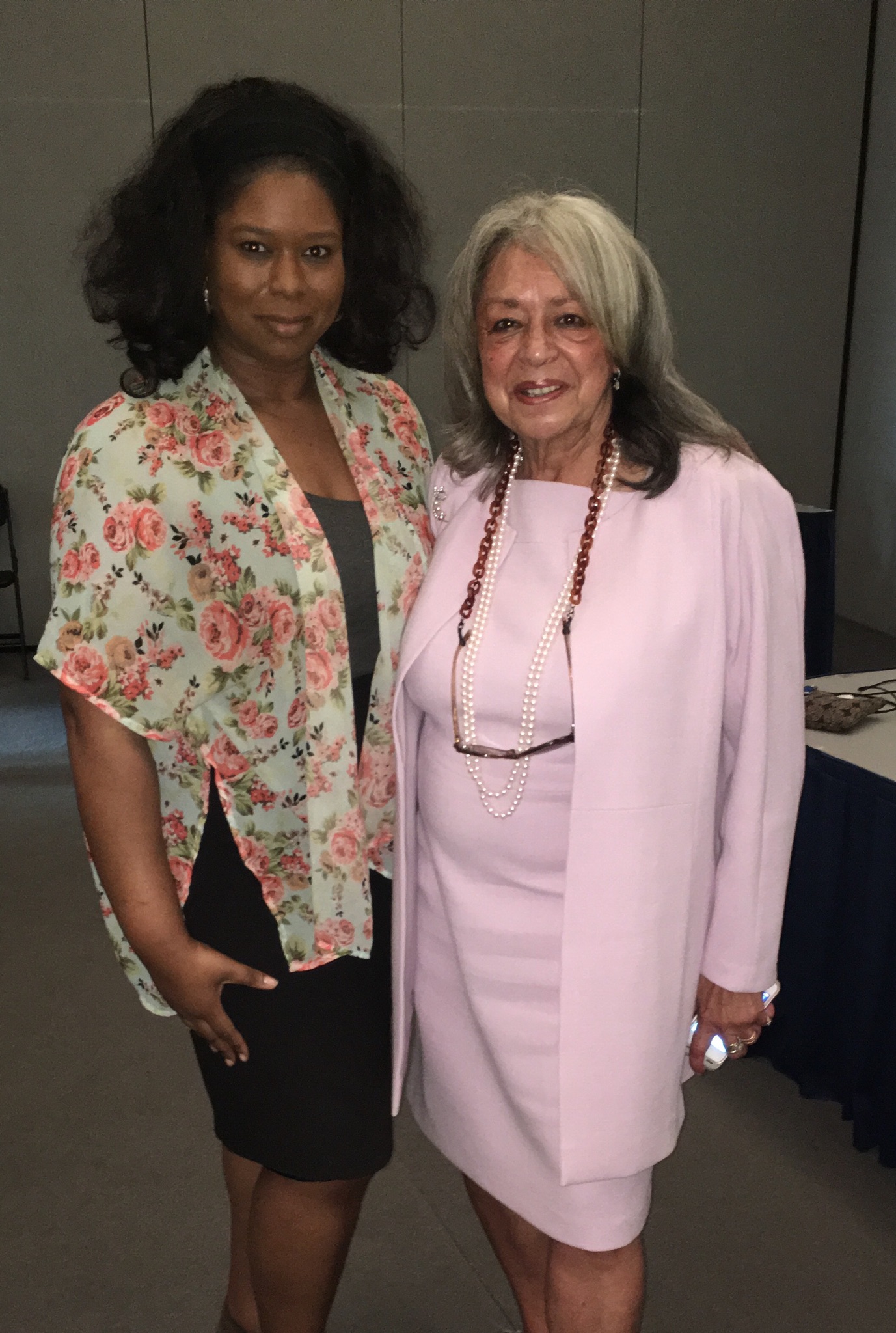By Elaine Welch

Vivian Winona Pinn is a physician, scientist and pathologist best known for advocating for women’s health issues and equality. She is currently a senior scientist Emerita at the National Institutes of Health (NIH) Fogarty International Center. Pinn knew from an early age that she wanted to become a physician as she was surrounded by sickness in her family. As a young girl, she witnessed physicians attend to the needs of her ailing family members, and she took notice of the relief they experienced after doctor visits. She knew she wanted a career which allowed her to help sick people feel better. Her interest in women’s health grew after the loss of her mother. She recounts that medical professionals did not take her mother’s complaints seriously until it was too late. This fueled her desire to become a physician, and she was determined to always listen intently and provide the best care possible for all her patients.
Born and raised in racially segregated Virginia, Pinn was not exposed to many women physicians, let alone African American physicians, but this motivated her even more to study hard and fulfill her dream of becoming a doctor. Pinn demonstrated determination and tenacity throughout her education, as the only woman and minority in her class to graduate from the University of Virginia School of Medicine. She later became the chair of the department of Pathology at Howard University, becoming the first African American woman appointed to chair an academic department in the United States. In 1991, Dr. Pinn was appointed as the first director of the Office of Research on Women’s Health (ORWH) at the NIH. In this role, Pinn’s mission was to ensure that women’s health and quality healthcare for all were prioritized.
Prior to working at the NIH, she held teaching appointments at Tufts University and Harvard Medical School. During her tenure at Tufts from 1970 – 1982 as assistant dean for student affairs, Pinn advocated for minority students by playing a significant role in minority recruitment as well as expanding financial aid. Pinn’s interests align with those of the National Research Mentoring Network (NRMN) as she has made it a life-long effort to advocate for and encourage underrepresented minorities to pursue medical and scientific careers.
One of her former students said, “Dr. Pinn gave us confidence, direction, clarity of purpose, emotional support, access to funds, and sometimes she just gave her time, wisdom, and counsel. Always a great listener, she also had great insight and solutions. Whatever the form of her affection for us, she made it possible to be where we are today.” Pinn speaks of her tireless efforts to help students succeed as her most significant achievement, despite the numerous awards she has received over the years. In an interview, Pinn explained that “mentorship is important to me, and my two points to young people are: overcome barriers and exceed expectations of those who may not expect much of you; and have a mentor and be a mentor.”

Photo, right: Dr. Pinn shown w/NIH’s Dr. Rosalina Bray in 2017.
Most significantly, Dr. Pinn left academic medicine in 1991 to join the newly-created Office of Research on Women’s Health (ORWH) at NIH as its inaugural director (and, concurrently, the NIH’s first permanent associate director of research on women’s health). She served as ORWH director for 20 years, and used this key policymaking platform to raise awareness of – and fundamentally address – women’s health issues and the underrepresentation women in science and medicine globally.
Dr. Pinn continues to be an eloquent advocate for scientific research since her retirement from ORWH in 2011 – especially on behalf of women and underserved minorities.
References
https://cfmedicine.nlm.nih.gov/physicians/biography_254.html
http://www.thehistorymakers.org/biography/dr-vivian-pinn
http://giving.tufts.edu/why_give/difference/2010difference/pinn.html